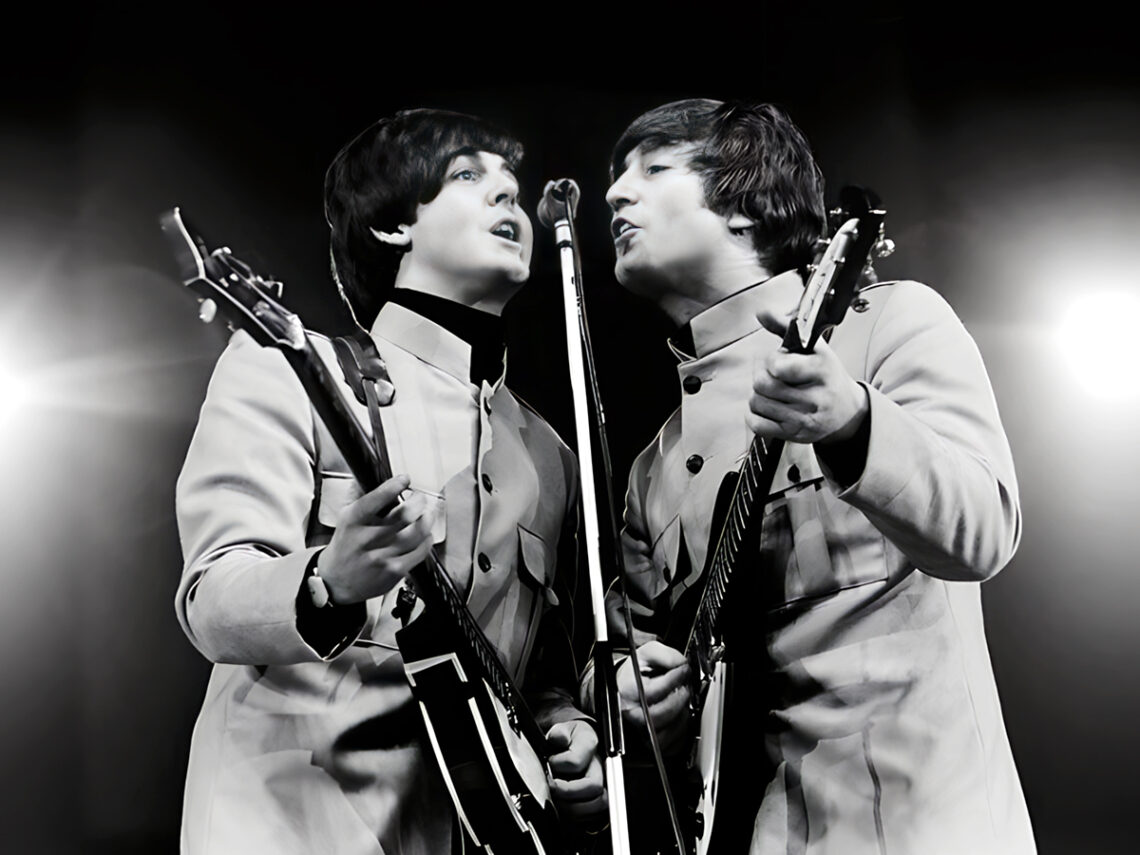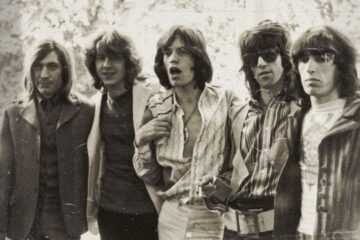Throughout their time at the top of the music work, The Beatles a number of tracks that transcended traditional music’s effect, piercing the small space encompassing both the intellectual and physical sides of listening. Fuelled by their undoubted talent and a holistic view of songwriting, from wildly psychedelic bursts to heartfelt moments of blues rock, the group’s menagerie of profound songs is a colourful one.
Whilst many tracks stake solid claims to be the best by the Liverpool quartet, one of their finest has to be 1969’s ‘Don’t Let Me Down’. It’s an R&B and soul-infused number that never fails to pull at the heartstrings, particularly when acknowledging that it was penned during the group’s final days.
Featuring Billy Preston on the electric piano, the song was released as the B-side to ‘Get Back’, yet it is arguably much more consequential than that, with Paul McCartney even labelling the material a “genuine plea” from songwriter John Lennon. McCartney arrived at this conclusion because, at the time, Lennon was deeply in love with his partner Yoko Ono. Accordingly, he had entered a new chapter musically, wherein he was starting to write about honest matters of the self, something he’d largely refrained from doing before.
Allegedly a simple track about Lennon’s infatuation with Ono, the songwriter told Rolling Stone in 1970: “When it gets down to it, when you’re drowning, you don’t say, ‘I would be incredibly pleased if someone would have the foresight to notice me drowning and come and help me,’ you just scream.”
This honest approach to songwriting was something that Lennon would fully explore later in 1969 on the Plastic Ono Band’s ‘Cold Turkey’, and their 1970 debut album, John Lennon/Plastic Ono Band. In his account of ‘Don’t Let Me Down’, Lennon’s songwriting partner, Paul McCartney, explained that as well as being deeply in love with Yoko at the time of writing, Lennon was also in the throes of heroin addiction. Here, he outlined the “genuine plea” of the song and the vulnerability his late friend displayed in it.
McCartney says in Barry Miles’ biography, Many Years From Now: “It was a very tense period: John was with Yoko and had escalated to heroin and all the accompanying paranoias and he was putting himself out on a limb. I think that as much as it excited and amused him, and the same time it secretly terrified him. So ‘Don’t Let Me Down’ was a genuine plea… It was saying to Yoko, ‘I’m really stepping out of line on this one. I’m really letting my vulnerability be seen, so you must not let me down.’ I think it was a genuine cry for help. It was a good song.”
Listen to ‘Don’t Let Me Down’ below.



